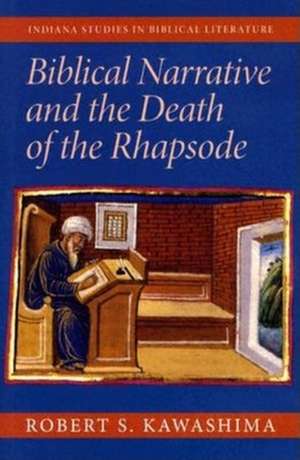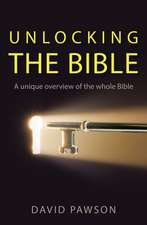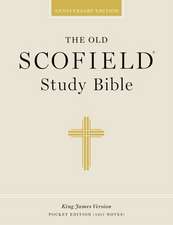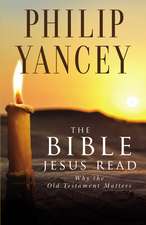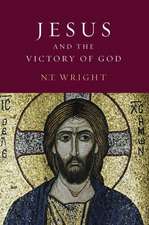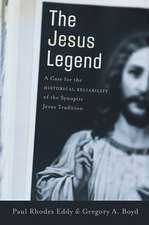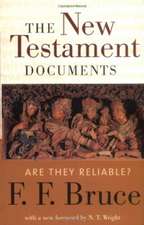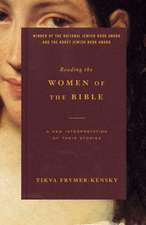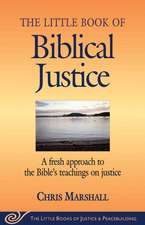Biblical Narrative and the Death of the Rhapsode: Biblical Literature
Autor Robert S. Kawashimaen Limba Engleză Hardback – 8 dec 2004
Indiana Studies in Biblical Literature Herbert Marks, General Editor"
Preț: 322.70 lei
Nou
Puncte Express: 484
Preț estimativ în valută:
61.75€ • 67.28$ • 52.03£
61.75€ • 67.28$ • 52.03£
Carte tipărită la comandă
Livrare economică 23 aprilie-07 mai
Preluare comenzi: 021 569.72.76
Specificații
ISBN-13: 9780253344779
ISBN-10: 0253344778
Pagini: 312
Dimensiuni: 156 x 235 x 15 mm
Greutate: 0.66 kg
Editura: MH – Indiana University Press
Seria Biblical Literature
ISBN-10: 0253344778
Pagini: 312
Dimensiuni: 156 x 235 x 15 mm
Greutate: 0.66 kg
Editura: MH – Indiana University Press
Seria Biblical Literature
Cuprins
1. Introduction: The Novelty of Biblical Narrative 2. From Song to Story: The Genesis of Narrative in Judges 4 and 5 3. Narration and Discourse: The Linguistic Dualism of Biblical Narrative and Its Literary Consequences 4. Represented Consciousness in Biblical Narrative 5. Biblical Time and Epic Time: From Grammar to Narrative Technique 6. The Art of Biblical Narrative as Technique: Making Strange the Tradition 7. Conclusion: Toward an Archaeology of Ancient Israelite Knowledge
Recenzii
For many years now, biblical scholars have studied the literary qualities of the ancient texts. Adding astute insights to those of pioneering scholar Robert Alter, Kawashima (New York Univ.) offers a comparative study of Greek mythology and the Hebrew Bible, probing their relationship and looking at what the stories have in common and what kind of knowledge is required to span the gulf between them. The author argues that the essential difference between these two Mediterranean-centered foundation stories lies in the fact that one was oral, the other written. Part of the oral tradition, the Greek tales were recited on ceremonial occasions by a rhapsode (bardic minstrel), whose delivery depended on memory and personal style; each performance was novel and subjective. The biblical narratives, which tradition has it were brought back to the Holy Land from Babylonian exile by priest/scribe Ezra, were written texts that were read sequentially at public assemblies. Law prohibited change in the texts and thus fidelity marks their particular verbal art. Kawashima illuminates the two forms' literary elements--narrative, dialogue, repetition, characterization--as they have evolved into modern literature. This is a meticulously researched study, both demanding and rewarding. Summing Up: Highly recommended. Upper--division undergraduates and above.--M. Butovsky, emeritus, Concordia University"Choice" (01/01/2005)
Descriere
An analysis of the novelty of biblical prose narrative and its break with oral traditions
